'Teach young people to disagree agreeably'
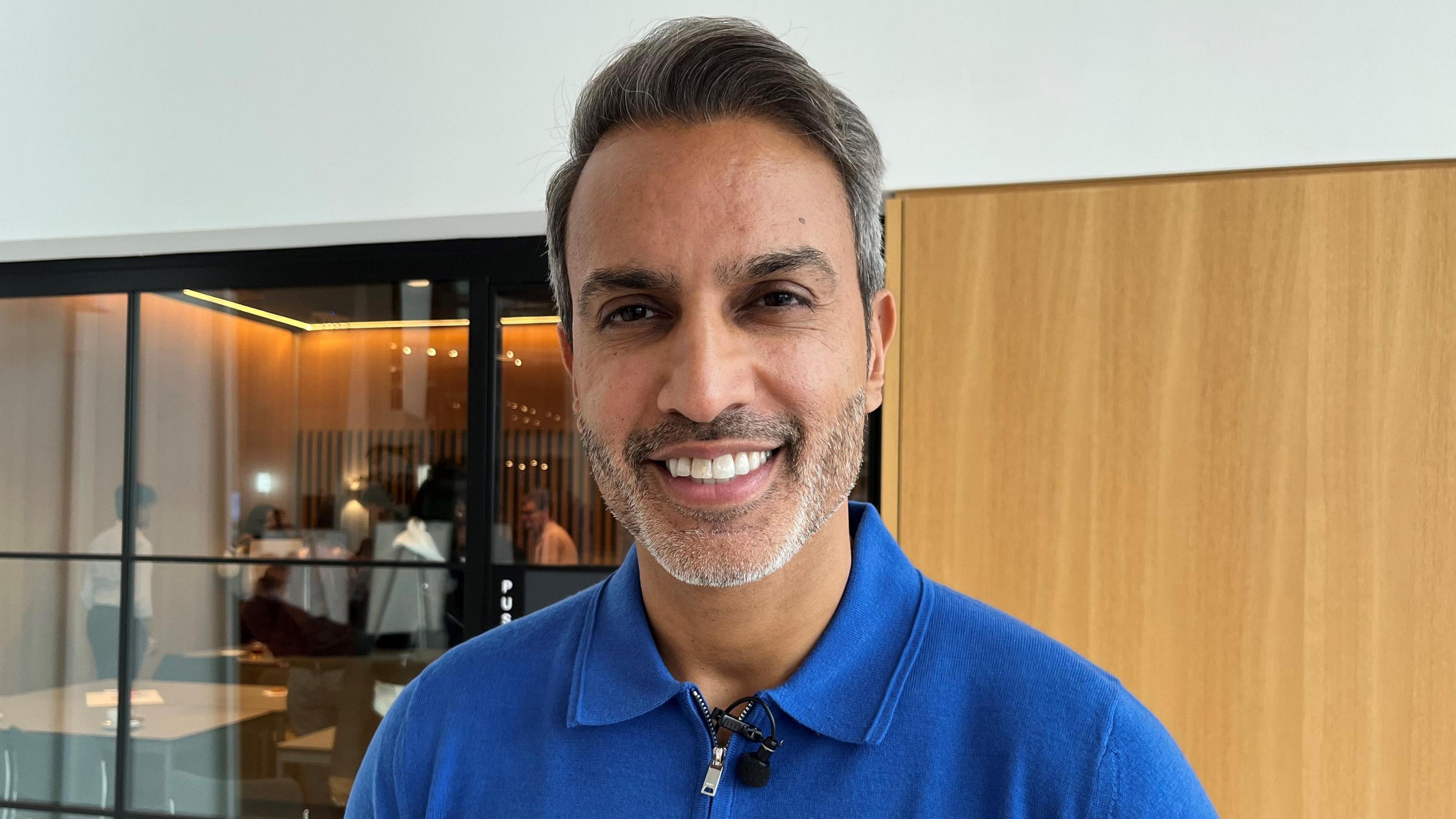
Faheem Khan believes educating young children on people's differences can tackle intolerance
- Published
Children as young as five should be taught in school about critical thinking to help prevent racism and hate crime in the future, a youth organisation has said.
The suggestion - from Faheem Khan, founder of Future Leaders UK, which teaches teenagers how to challenge intolerance in their communities - comes after a spike in hate crime reports in London over the summer.
Mr Khan said the earlier children learned such skills "the more they can protect themselves from being exploited by some of the extremist narratives we're seeing".
The Department for Education said it was "exploring how we can arm our children against the disinformation, fake news and conspiracy theories on social media".
Mr Khan said one of the aims of his not-for-profit youth empowerment organisation was to teach young people to question what they see and hear and to learn to "disagree, agreeably".
He pointed to other countries where children learn about these types of issues at a younger age.
"When we look at countries like Finland, for instance, they're teaching critical thinking skills as young as pre-school," Mr Khan said.
"I'd love for us in the UK to be starting at year one, really educating young people about critical skills and why they're so important."
Britishness and free speech - why we travelled 200 miles to Robinson's London rally
- Published20 September
'I'm heartbroken kids racially abused me on train'
- Published25 September
Sir Sadiq Khan: Trump is racist and sexist
- Published24 September
There were more than 21,054 hate crimes recorded in London the year to the end of August, according to figures.
While that is actually a fall of 17.4% on the previous 12 months, the data for June, July and August this year showed there was an above average increase in incidents, with more than 2,000 hate crimes in each of those three months.
The British Muslim Trust suspects the real number could be far higher as "under-reporting is a persistent problem".
And in London communities, the impact of hate crime is being felt.
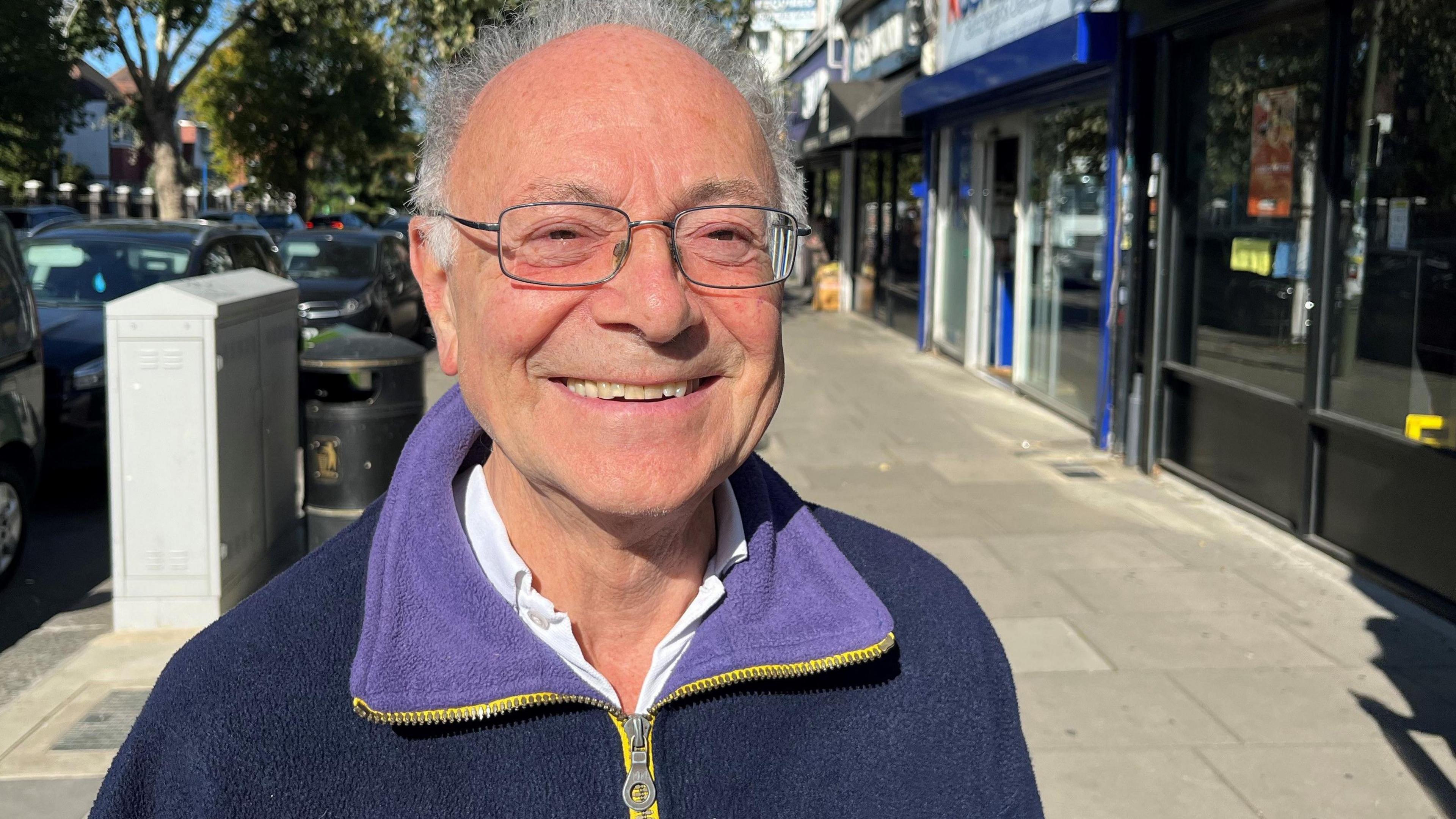
Norman Waidhofer says some communities in London are "becoming separated"
In Golders Green in Barnet, north London, which has a large Jewish community, there has been a recent spate of attacks on synagogues and schools, BBC London was told.
Some local residents said they were worried that the government's recent decision to recognise Palestine might make the area more of a target.
Resident Norman Waidhofer said: "I've always felt totally at home being Jewish and being in London, [it was] never a problem, but now, suddenly, I find I'm looking round and I'm a bit more careful about where I go who I might talk to.
"It's such a shame because London has always, up to now, been so inclusive and able to contain everybody and suddenly we're becoming separated."
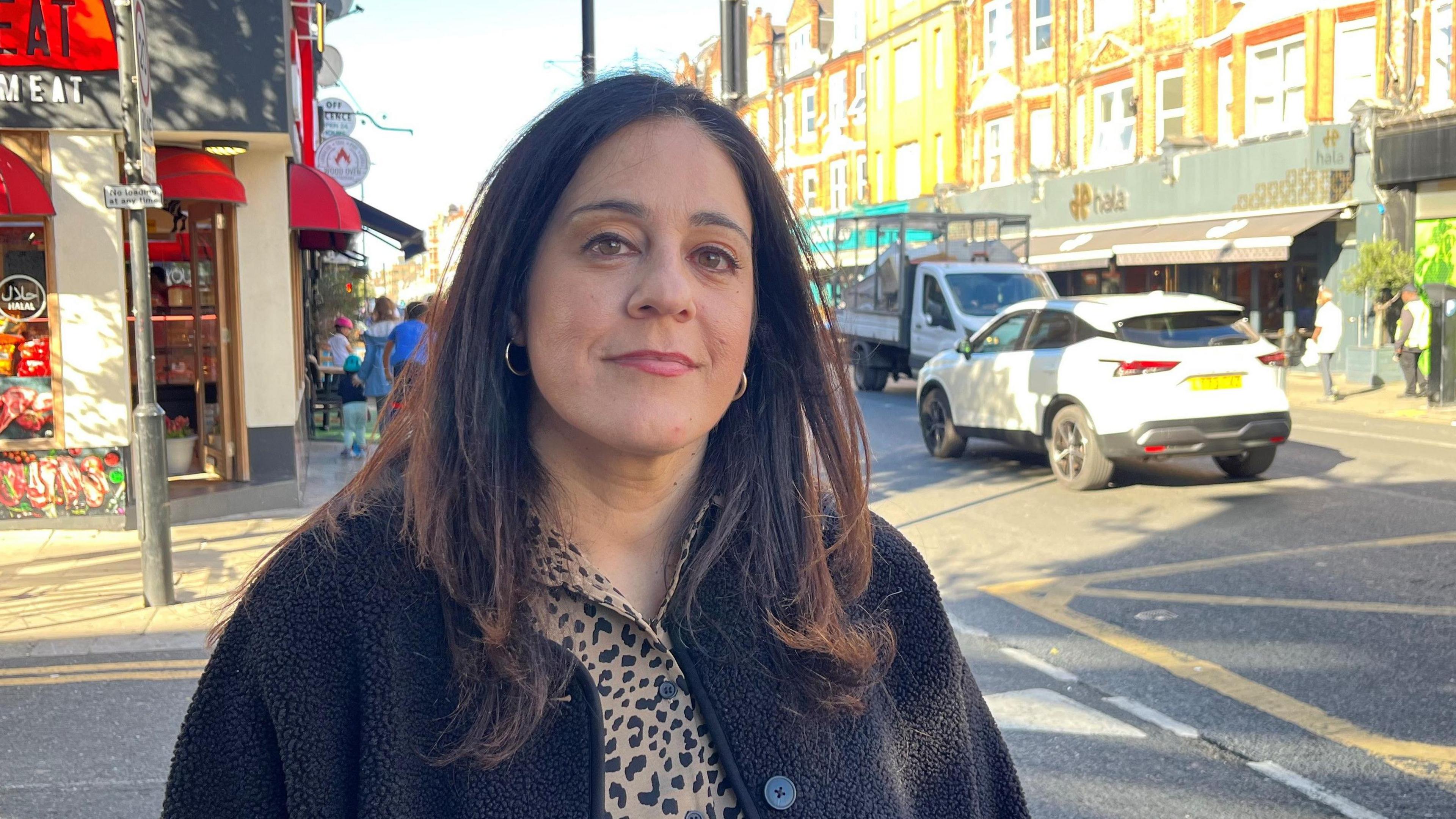
Haringay Council leader Peray Ahmet says Islamophobia has an "enormous" impact
While on the Harringay Ladder in Green Lanes in north London, which includes large Kurdish and Turkish communities, there is concern about recent anti-Muslim sentiment according to the council leader.
Councillor Peray Ahmet, who is the Labour leader of Haringey Council and whose parents are immigrants from Turkey, said the impact was "absolutely enormous".
"People are scared, they're scared to go out on the streets, they're scared for their children and they're scared for what this means for the future, for what it means for our wonderful, diverse, cohesive city," she said.
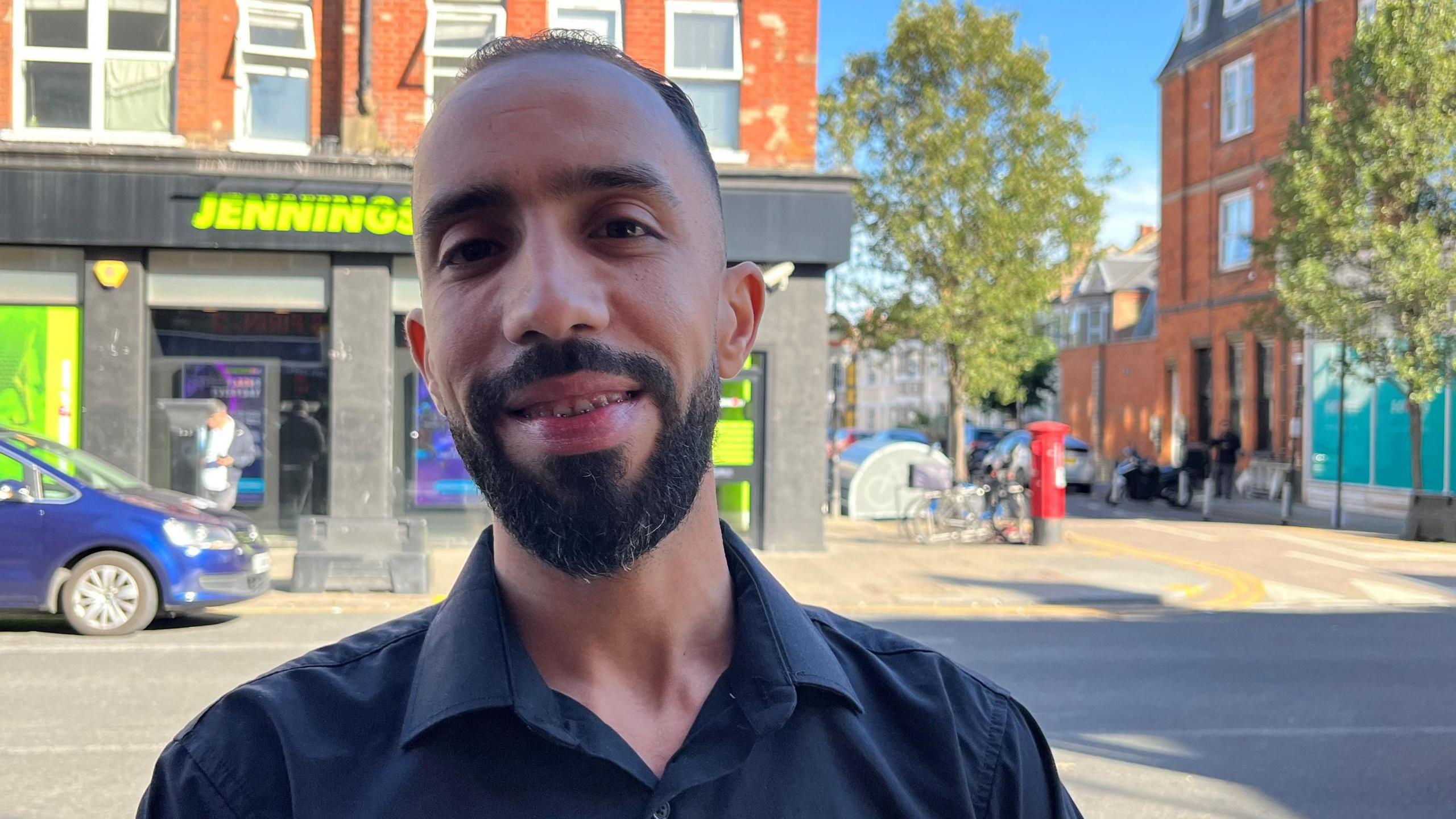
Moroccan immigrant Anouar Elmbarbt says British people have a "right to complain"
Recent protests in central London have also pushed questions about social cohesion up the agenda and ignited debate - as have political developments, including Reform UK's immigration proposals and false claims by US President Donald Trump that London wants to "go to sharia law".
Heading home after the school run, Haringey resident Mauricio Blassetti, said recent debates over immigration were making things "a bit volatile at the moment".
"I think people who were more middle on the political sense, might be heading a bit more to the right… so you're getting a lot of division," he said.
Anouar Elmbarbt, who moved to the area from Morrocco two years ago, said he understood why some British people had been protesting against asylum seekers.
He said: "If I was British and I saw someone do something [that was] not good for my country, I [would] be upset and maybe [think] the same things.
"I think they have the right to complain."
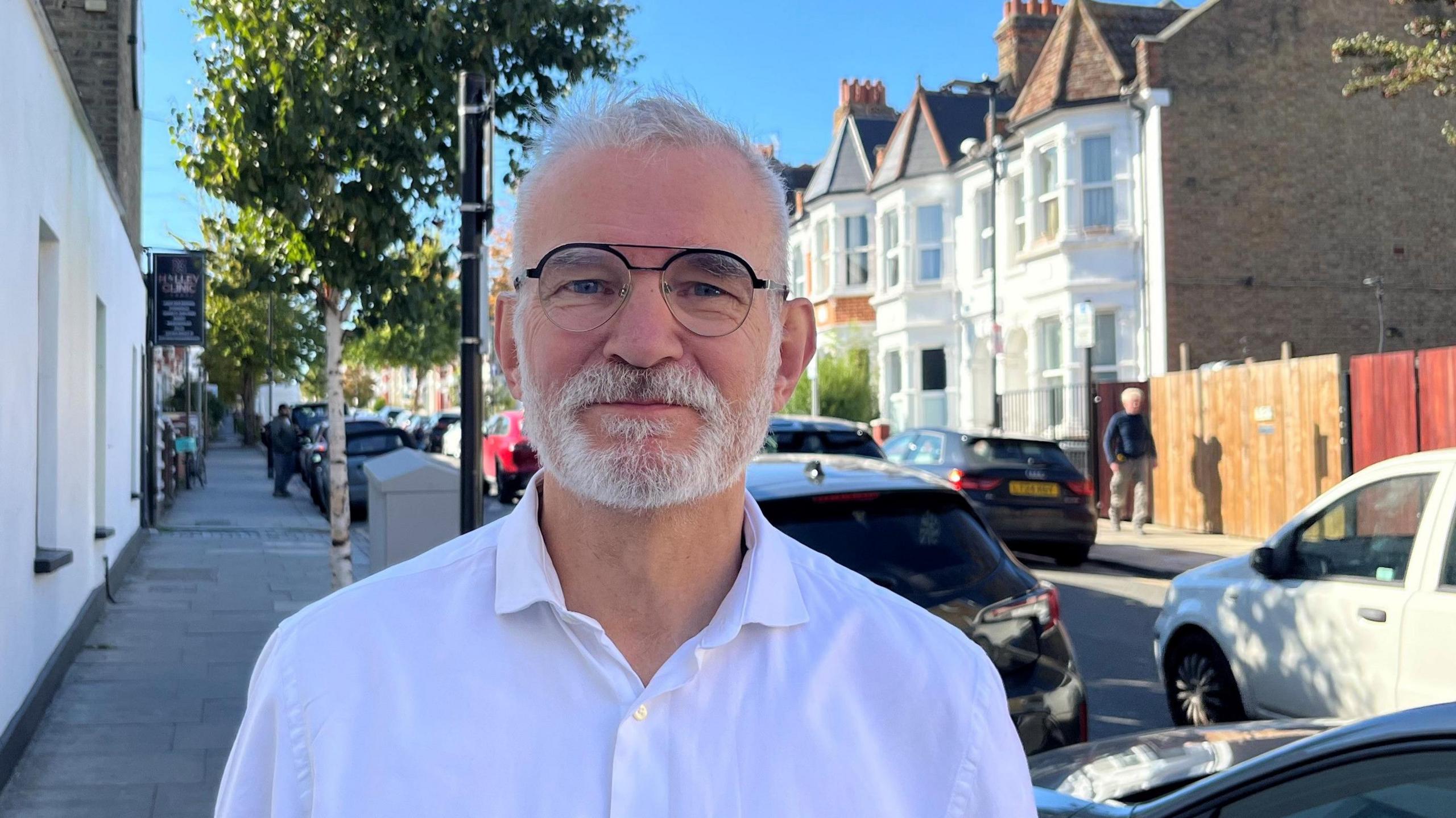
Andrew Boff urged the government to emphasise education while protecting free speech
Conservative London Assembly member, Andrew Boff, said the right to protest and to express different opinions must be protected.
Boff added: "The government should not be clamping down on free speech, because free speech is what makes our democracy."
He said more should be done on educating people.
"So many riots that we've had have been down to one social media post that everybody's believed and then proven to be wrong. So they should teach people to be more cynical about what they hear," he added.
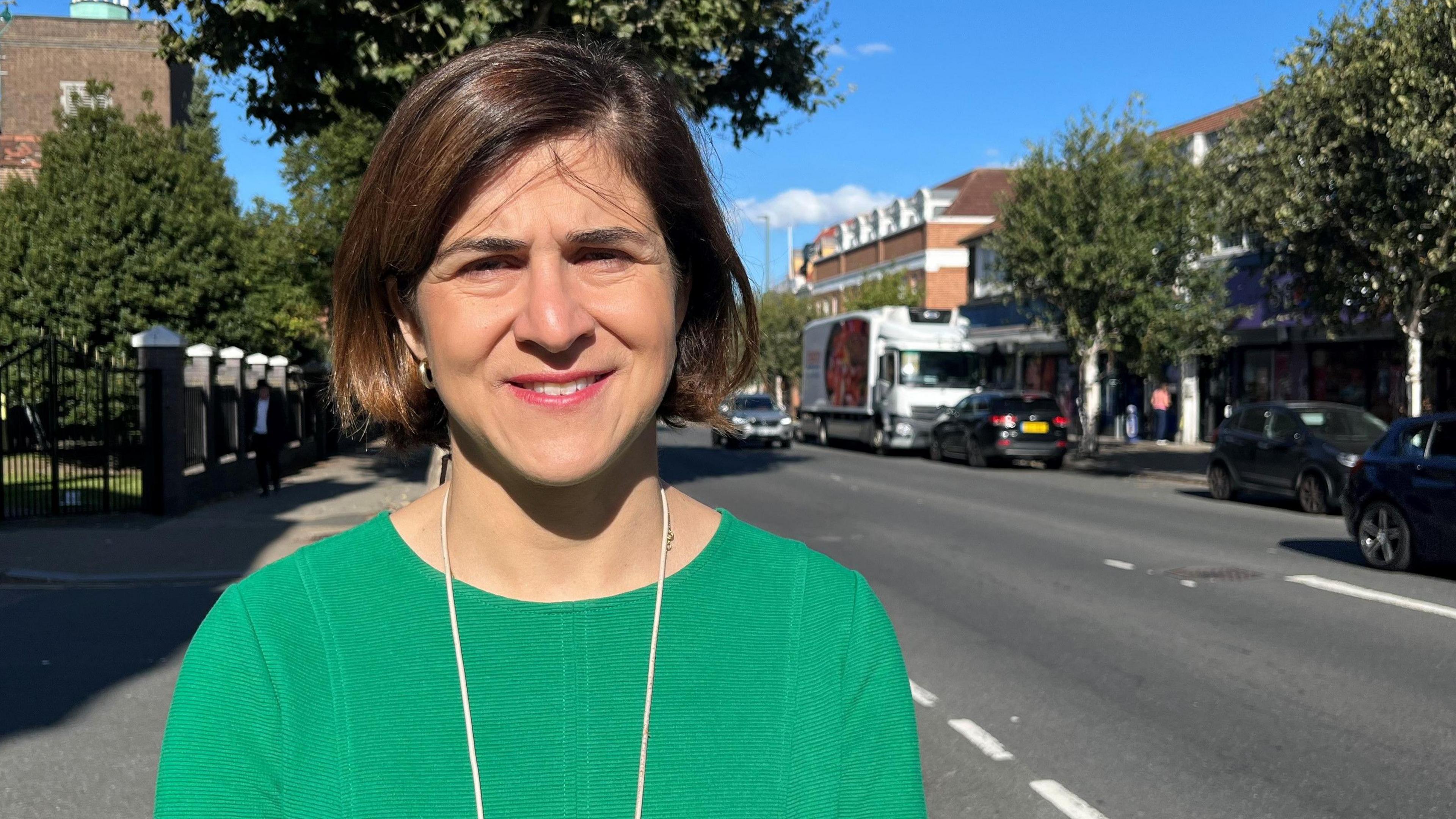
Justice Minister Sarah Sackman says the government is investing in tackling intolerance
Meeting in her constituency, the Labour MP for Finchley and Golders Green and Justice Minister, Sarah Sackman, said the government was investing in "community cohesion".
"We're investing in education in our schools to teach people about Antisemitism, about Islamophobia, how to recognise and tackle it," she added.
A Home Office spokesperson said the government "condemned all forms of hate and violence" and that it was "committed to protecting religious communities".
They added they had given "police more powers to better protect places of worship from intimidatory protests and [was] providing nearly £50m per year in protective security funding for faith communities".
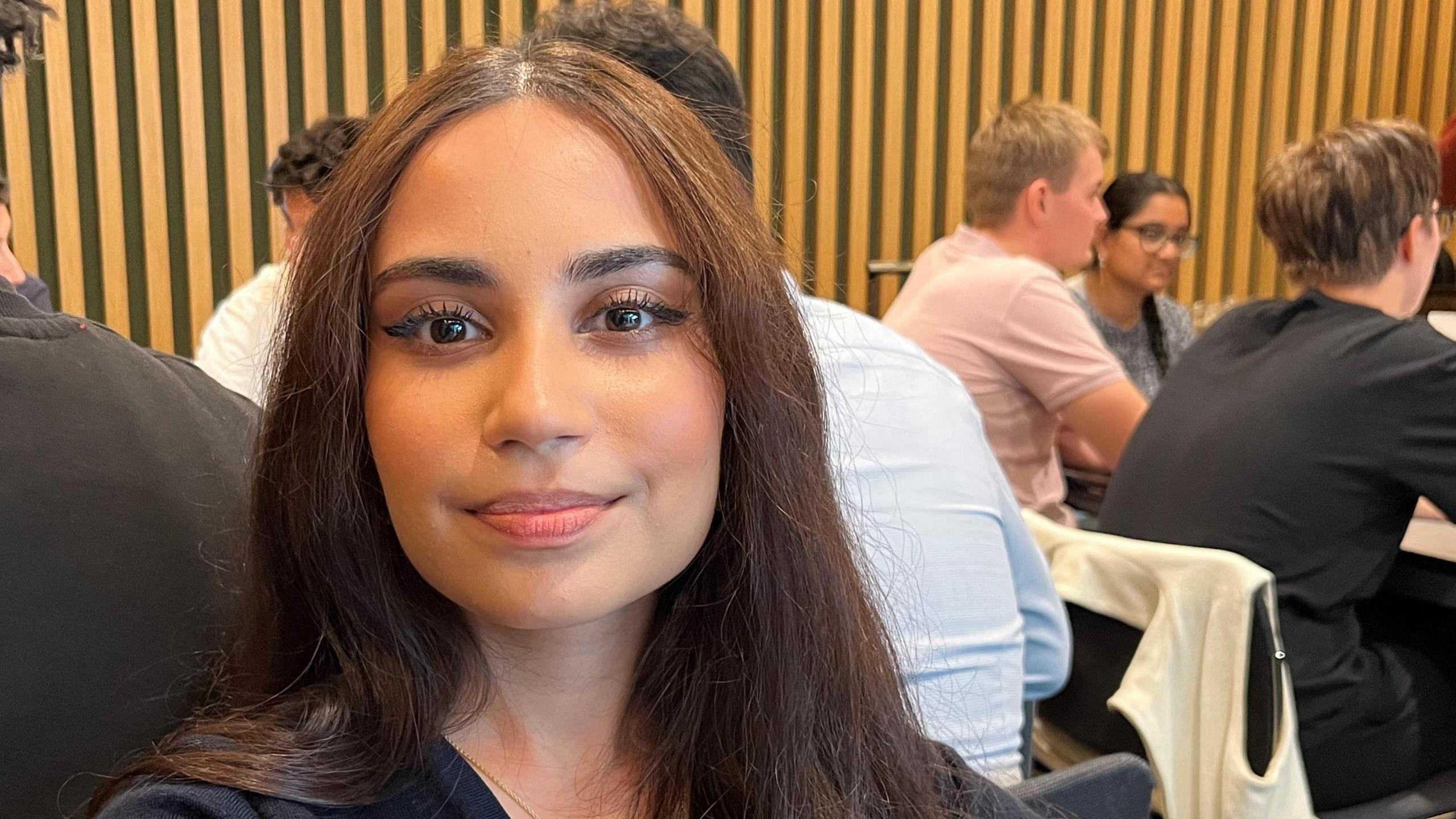
Eman, 18, said intolerant views often came from "a place of misinformation and disinformation"
Meanwhile, Mr Khan is already getting young people to put critical thinking into practice.
At a workshop hosted by his organisation, which is supported by the London mayor's Shared Endeavor Fund, young people from across the capital gathered at City Hall.
Eman, 18, from Putney in south-west London, said intolerant views often came from "a place of misinformation and disinformation and it leads to a lot of unjustified hatred and unjustified anger".
While Luke, 17, from Greenwich in south-east London, said through Future Leaders UK, he had learned "how connected we are as a community despite our differences".
Listen to the best of BBC Radio London on Sounds and follow BBC London on Facebook, external, X, external and Instagram, external. Send your story ideas to hello.bbclondon@bbc.co.uk, external